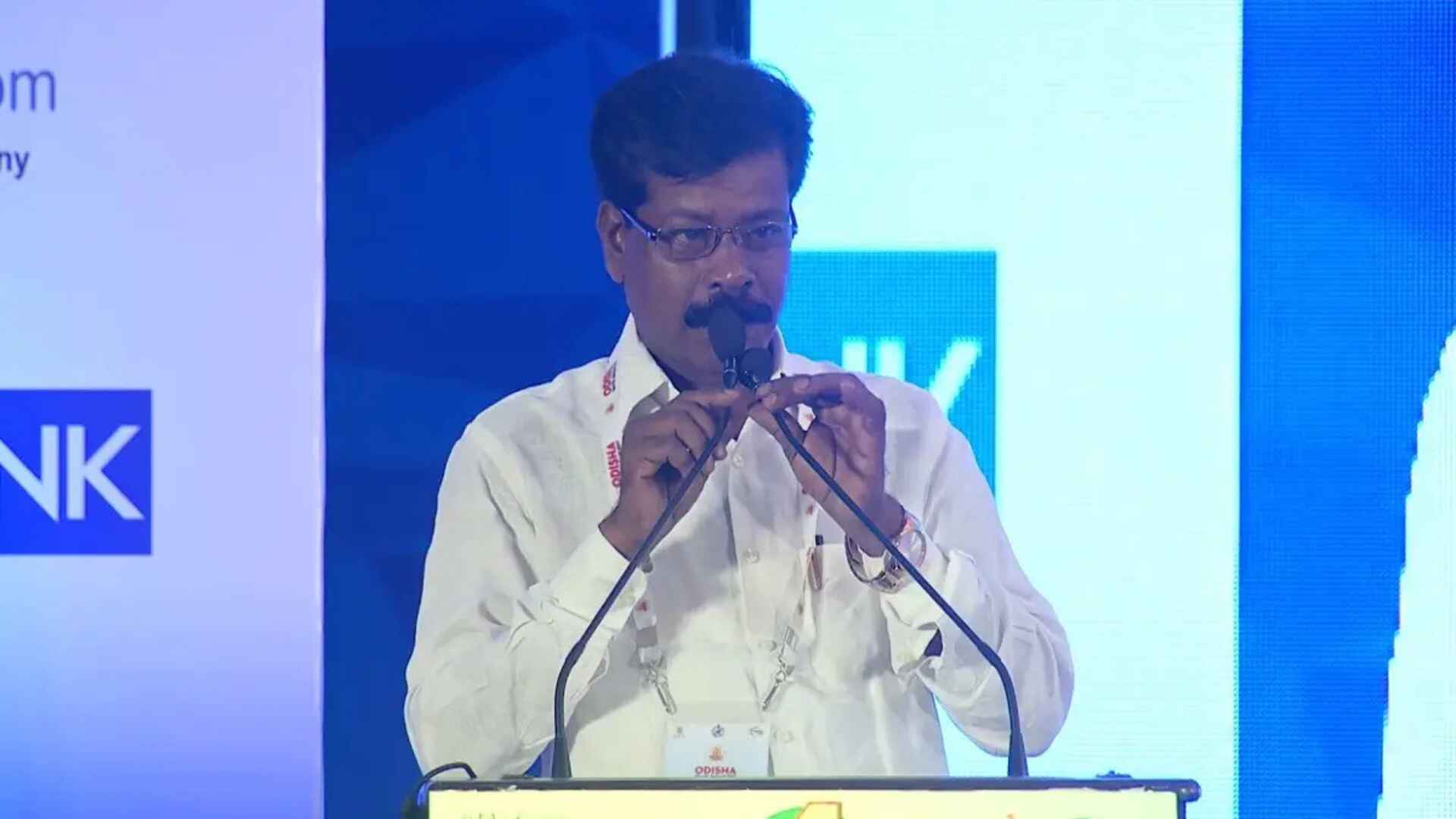Amid the power crisis in Punjab, PPCC president Navjot Singh Sidhu on Sunday again raised questions on the state’s electricity Power Purchase Agreements (PPAs) with private companies, saying that Punjab should work on solar PPAs and solar electricity.
He also demanded that private thermal plants flouting guidelines by not keeping coal stock for the stipulated time should be penalised. Sidhu tweeted, “Punjab must prevent & prepare, rather than repent & repair… Private thermal plants floating guidelines, punishing domestic consumers by not keeping coal stock for 30 days should be penalised. It is time to aggressively work on solar PPAs and roof-top solar connected to the grid !”
Earlier on Saturday, Punjab Chief Minister Charanjit Singh Channi asked the Centre to immediately enhance the state’s coal supply as per quota to tide over the power crisis with the impending shutdown of its thermal plants due to fast depleting coal reserves which are likely to exhaust within next couple of days.
Reviewing the power situation amid the shortage of coal supply in the state, the CM said that all the thermal plants were unable to generate the full capacity of power due to insufficient coal receipt. However, Channi reiterated his government’s firm commitment to give power supply for irrigation of paddy crop where necessary at the fag end of crop yield.
He, however, said that power cuts on domestic consumers in cities and villages were being imposed to ensure sufficient supply to the agriculture sector as well as to maintain grid discipline.













